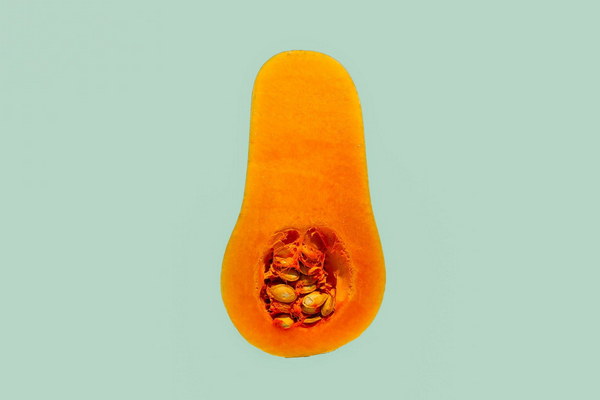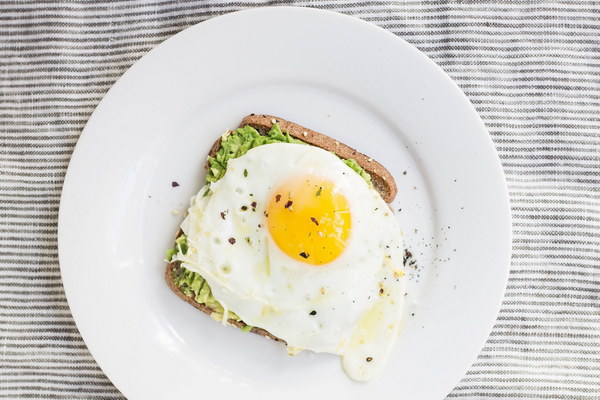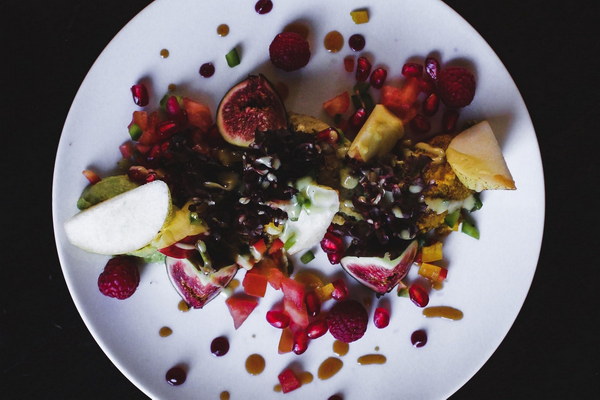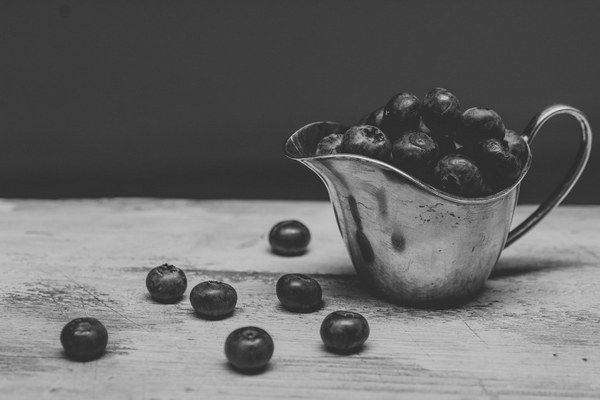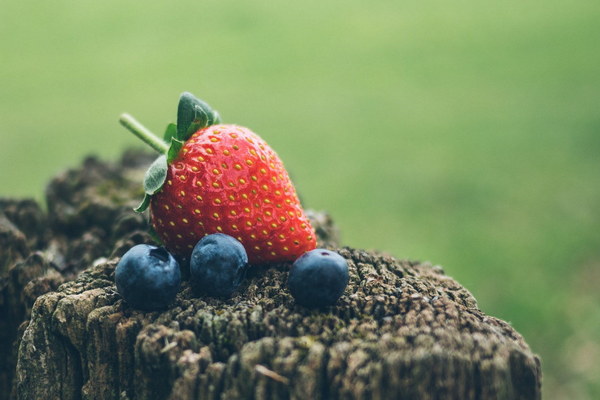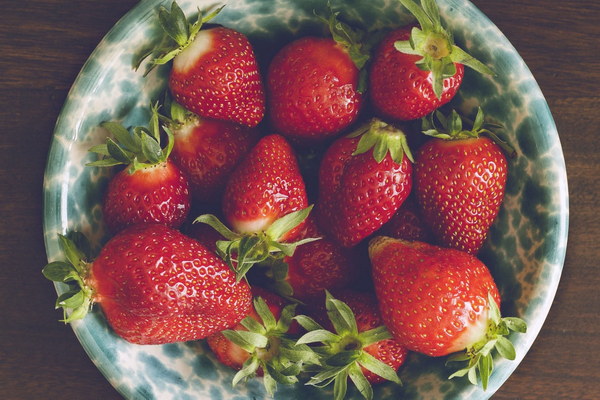Nourishing Your Body What to Eat When Engaged in Hard Labor
Introduction:
Engaging in hard labor requires immense physical strength and endurance. It's essential for workers in physically demanding jobs to consume the right nutrients to maintain their health and well-being. In this article, we will explore the best foods to eat when involved in labor-intensive work to keep your body strong, energized, and healthy.
1. Carbohydrates:
Carbohydrates are the body's primary source of energy, especially during intense physical activity. When working hard, it's crucial to consume complex carbohydrates that provide sustained energy release. Opt for whole grains, such as brown rice, quinoa, and whole wheat bread, to keep you fueled throughout the day.
2. Protein:
Protein is essential for muscle repair and growth, especially after a long day of hard labor. Include lean protein sources in your diet, such as chicken, turkey, fish, tofu, legumes, and eggs. These will help your body recover and build muscle strength.
3. Fruits and Vegetables:
A diet rich in fruits and vegetables is vital for maintaining overall health. These foods provide essential vitamins, minerals, and antioxidants that support your immune system, help reduce inflammation, and keep you energized. Aim to consume a variety of colors to ensure you're getting a wide range of nutrients.
4. Healthy Fats:
Healthy fats are essential for absorbing fat-soluble vitamins and providing long-lasting energy. Include sources of healthy fats in your diet, such as avocados, nuts, seeds, and olive oil. These fats also support brain function and reduce inflammation.
5. Hydration:
Staying hydrated is crucial when working hard, as it helps regulate body temperature, transport nutrients, and remove waste products. Drink plenty of water throughout the day, and consider adding electrolytes to replenish lost minerals during intense physical activity.

6. Fermented Foods:
Fermented foods, such as yogurt, kefir, sauerkraut, and kimchi, are rich in probiotics that promote a healthy gut microbiome. A healthy gut can improve digestion, absorption of nutrients, and overall immune function.
7. Iron-rich Foods:
Hard labor can lead to increased iron loss through sweat and skin. Incorporate iron-rich foods into your diet, such as red meat, poultry, fish, lentils, chickpeas, spinach, and fortified cereals. Pair these foods with vitamin C-rich foods, such as oranges, strawberries, and bell peppers, to enhance iron absorption.
8. Calcium:
Calcium is essential for bone health, especially if you're engaging in heavy lifting or repetitive movements that put stress on your bones. Include dairy products, such as milk, cheese, and yogurt, in your diet, or choose plant-based options like fortified plant-based milk, tofu, and leafy greens.
9. B Vitamins:
B vitamins are essential for energy production and overall health. Include a variety of B-vitamin-rich foods, such as lean meats, fish, eggs, whole grains, legumes, and nuts. B vitamins can help keep you energized and support your body's recovery from hard labor.
10. Antioxidants:
Antioxidants protect your body from oxidative stress, which can lead to inflammation and muscle soreness. Consume a diet rich in antioxidants, including colorful fruits and vegetables, nuts, seeds, and dark chocolate.
Conclusion:
Engaging in hard labor can be physically demanding, but by incorporating these nutrients into your diet, you can support your body's recovery, maintain your energy levels, and stay healthy. Remember to listen to your body's needs, stay hydrated, and consult with a healthcare professional for personalized dietary recommendations.
